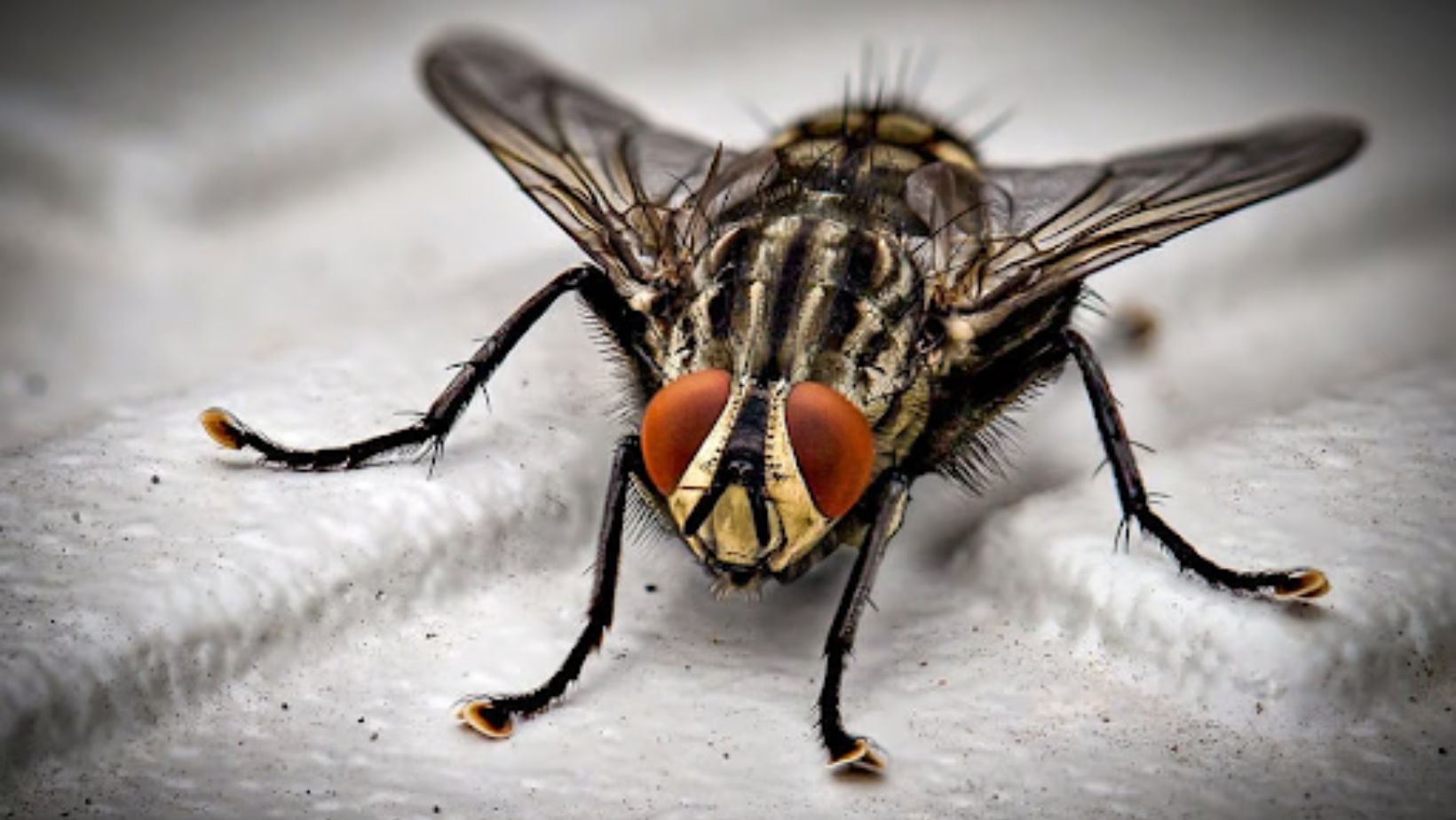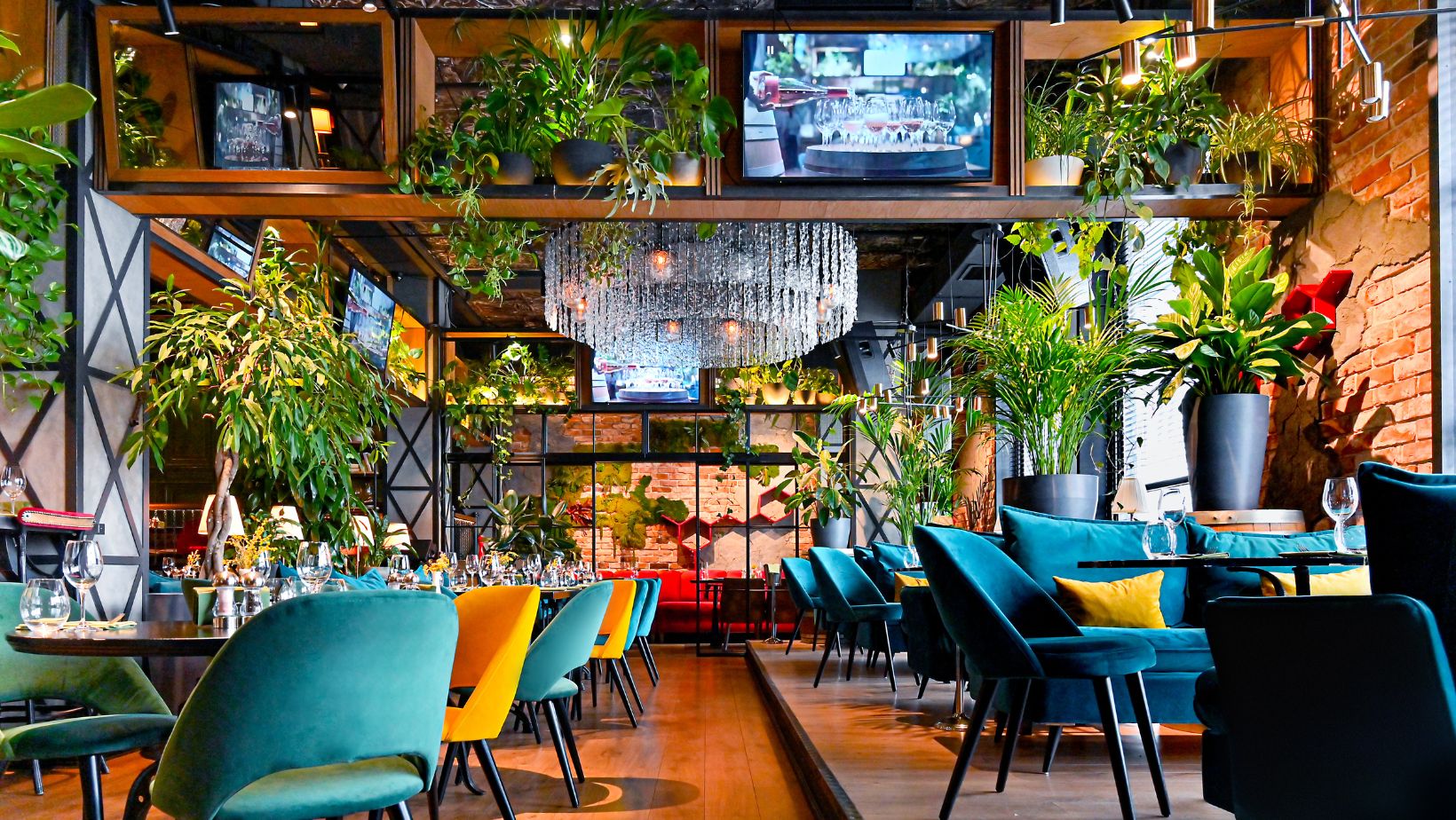Pest management in restaurant settings is not merely a matter of hygiene; it is vital for maintaining a business’s reputation and ensuring the safety of its patrons. Uninvited guests can affect the quality of service and lead to severe health violations and financial losses. Understanding how to address and prevent pest issues is crucial for restaurant owners and staff alike. This guide will explore practical strategies to manage pest problems and maintain a clean, pest-free environment.
Identifying Common Pests in Restaurant Settings
The first step in pest management is identifying pests commonly found in restaurant settings. Termites in Florida are a significant concern due to the state’s humid climate, which provides an ideal environment for these wood-destroying pests to thrive. The guidelines outlined for restaurant pest control may vary based on each pest’s lifecycle, behavior, and preferred habitats. Here are some of the most common pests found in restaurants:

- Rodents: Rats and mice are among the most troublesome pests to infest a restaurant. They take shelter in dark, warm spaces near food sources and can quickly contaminate food with their droppings and urine.
- Cockroaches: These nocturnal insects thrive in warm, humid environments and hide in cracks, crevices, and drains. They spread bacteria and pathogens that can cause food poisoning.
- Flies: These flying insects are often attracted to garbage bins, sewage systems, and decaying organic matter. They can carry harmful bacteria and viruses that can contaminate food.
- Ants: Ants are a common sight in restaurant settings. They are often attracted to sugary or greasy foods. They can quickly multiply and infest food storage areas, posing a risk of contamination.
- Stored Product Pests: These pests include beetles, moths, and weevils that feed on grains, cereals, and other stored food products. If left unchecked, they can cause significant damage to inventory.
Preventive Measures for Long-term Pest Management
Effective pest management is an ongoing process requiring a proactive approach to preventing infestations. Here are some measures you can take to maintain a clean and pest-free restaurant:
Contact Professional Pest Control Services
Hiring professional pest control services is crucial for managing pest infestations in restaurants. Certified experts have the knowledge and tools to assess the infestation and implement effective treatment strategies for the specific pests. They also offer valuable advice on preventive measures to keep the establishment pest-free in the long run.
Implement Sanitation Practices
Maintaining a clean and hygienic environment is vital in preventing pest infestations. Regularly cleaning floors, counters and food preparation areas helps eliminate potential food sources for pests. Proper waste management is also crucial, ensuring garbage bins are emptied regularly and kept away from the building.
Inspect Deliveries Thoroughly
Pests can hitchhike into your restaurant through food deliveries. Scrutinizing incoming shipments before storage can help identify any signs of pest activity or infestation and prevent it from spreading to other areas of the establishment.
Educate Employees
Restaurant staff are critical in following a strict restaurant cleaning checklist and identifying potential pest issues. It is essential to educate them on proper hygiene practices, such as storing food properly and promptly reporting any signs of pest activity. Regular training sessions should ensure all employees know the preventive measures.

Effectively managing restaurant pests is essential for maintaining hygiene and creating a safe environment for staff and customers. Understanding common pests and their behaviors enables restaurant owners to safeguard their establishments proactively. By prioritizing pest management, restaurants can protect their reputation, avoid health violations, and ensure a healthy dining experience.


